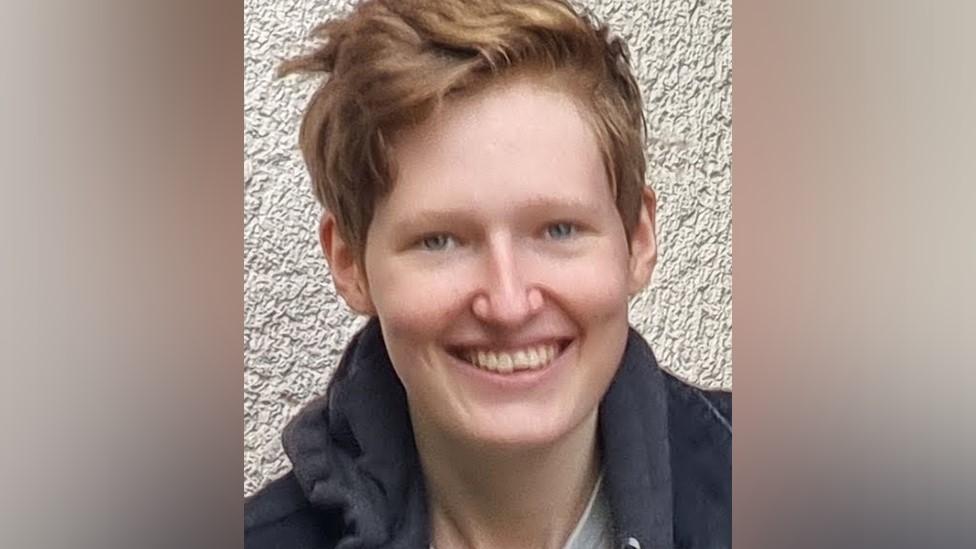Max Sumner: Care failings contributed to teen's death - coroner
- Published

Had Max Sumner's care been different "it is more likely than not" he would not have died, the coroner said
A series of failings at a mental health service contributed to the death of a teenager, a coroner has concluded.
Coroner Kate Bisset ruled Max Sumner, 17, of New Longton, Lancashire, died in May 2022 by suicide and returned a narrative conclusion.
Had his care by Child and Adolescent Mental Health Service (CAMHS) been different "it is more likely than not" Max would not have died, she said.
The health trust said some of its care "fell below the standard we expect".
The coroner found Max's CAMHS case manager "kept Max to himself. He did not share Max's presentation, he did not escalate concerns and he did not involve higher chains of command".
"This meant that he was the only person with the whole picture of Max's needs and any judgement calls about how to keep him safe landed on him, a situation which should not happen and should not have been allowed to happen," she said.
'How terribly Max was failed'
In her ruling she said: "I find the failings as set out in the trust investigation report, cumulatively, left Max in a position where no practitioner had all relevant information to assess the risk at which he presented."
Ms Bisset said: "From March 2022, the only known protective factor against Max's suicidal thoughts was the physical presence of his father in the family home and I accept without question the evidence of Mr Sumner that, had he known of Max's suicidal thoughts, he would not have left him alone."
She said that at the time of the teenager's death, there had been no up-to-date and accurate assessment of his risk, no involvement of safeguarding services and no multi-disciplinary team review of his needs.
His family was also unaware that he had repeatedly attempted to take his life, and had "continuing thoughts to die", she added.
"I therefore conclude that had Max's care been different, in particular had his confidentiality been breached in March 2022, along with escalation to children's services and discussion of inpatient treatment, it is more likely than not that Max would not have died at the time at which he did because he would not have been afforded the physical opportunity."

Coroner Kate Bisset returned a narrative conclusion
Steve Sumner, Max's father, said the family welcomed the coroner's findings "which were very difficult to hear but show how terribly Max was failed".
"I not only lost my child in a way no parent should, I was also deprived of the opportunity of doing what I could for Max as his father. I was denied the chance to save him," he said.
Ursula Martin, chief strategy and improvement officer at Lancashire and South Cumbria Foundation Trust, said: "We fully acknowledge the conclusion reached by HM Coroner touching the very sad death of Max Sumner.
"After Max died, we carried out a detailed investigation, which identified there were some care delivery issues that fell below the standard we expect and train our staff to provide.
"We have addressed those issues through reflection with staff, focused training and implementing changes throughout the service in our dedication to provide the highest standards of patient care.
"I would like to reiterate my deepest condolences to Max's family, our thoughts remain with them."

If you're affected by the issues in this piece, you can find support from BBC Action Line.

Why not follow BBC North West on Facebook, external, X, external and Instagram, external? You can also send story ideas to northwest.newsonline@bbc.co.uk